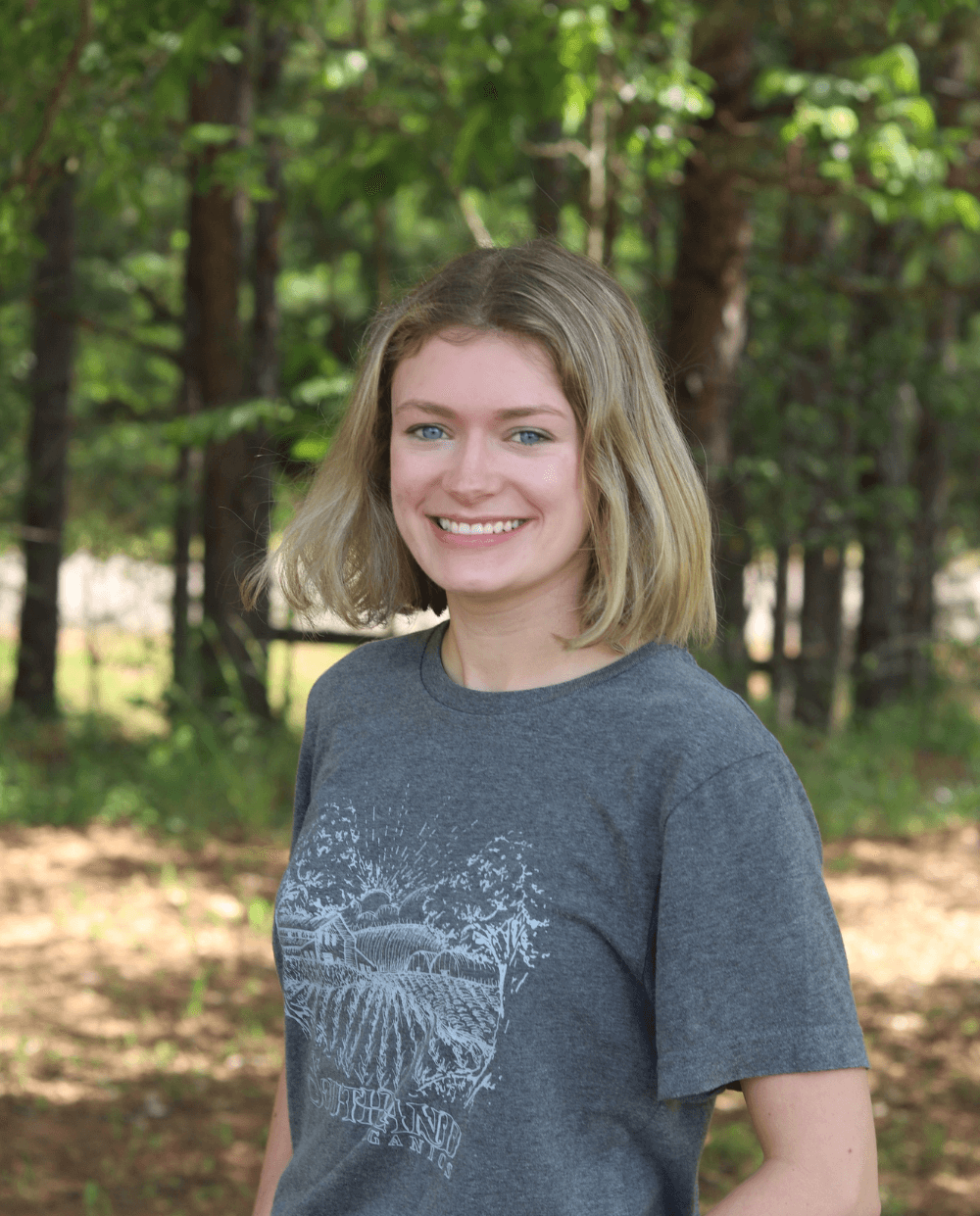Biosecurity is broadly defined as the prevention of disease-causing agents entering or leaving any place where they can pose a risk to humans, animals or the safety and quality of a food product. On a commercial poultry farm, that means keeping the bacteria, viruses, fungi and pests that cause contagious diseases away from your birds.
While biosecurity practices are incredibly important for the production of all food animal species, they are especially necessary on poultry farms due to the high concentration of animals and inherent risk of poultry diseases.Developing a sound biosecurity plan for your property and personnel is an integral part of raising healthy, profitable flocks. But where do you even start?
Three Categories of Biosecurity
Biosecurity can be broken into three major categories: conceptual, structural and procedural.
Conceptual
Conceptual biosecurity is like the foundation of your farm and revolves around the location of your facilities.
This mostly pertains to isolating your farm from other poultry farms, public roads or areas where large populations of animals may gather, such as slaughterhouses, agricultural fairgrounds or wetlands. It's important to distance your farm because other animals can be carriers of poultry disease-causing organisms.
Structural
Structural biosecurity deals with physical factors such as farm layout, house design and air filtration within the houses.
Is there adequate drainage around your poultry houses to prevent standing water? Do vehicles on the farm have clear paths to follow? Are houses being maintained properly to ensure that they provide an appropriately sealed environment for your poultry flocks?
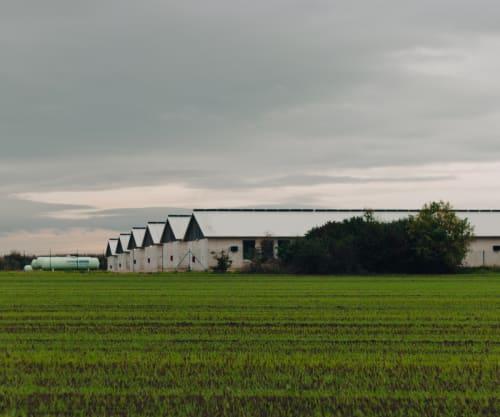
Procedural
Procedural biosecurity refers to routines and procedures that prevent the introduction and spread of infectious diseases, like avian influenza virus and Exotic Newcastle disease, within a farm or facility. To reduce the risk of introducing infectious diseases, these practices should be under constant review and altered in response to outbreaks, emergencies and changes on farms.
Biosecurity procedures include disinfecting equipment, use of personal protective equipment (PPE) for individuals entering houses and use of disinfectants. Contract poultry growers should be sure to follow their company's biosecurity protocols.
Four Biosecurity Measures for Poultry Farms
So what can you do on your farm? Here are a few of the basics.
1. Limit your contact with other birds—commercial or wild.
If you are visiting another farm, be sure to take precautions such as showering, changing clothes and disinfecting your vehicle before entering their farm or returning to your own.
Non-commercial poultry populations pose an extremely high risk to commercial operations. It is always a good idea to limit contact with wild birds, waterfowl, backyard flocks and fairs or poultry shows. In cases where contact cannot be avoided, be sure to take proper precautions.
2. Don’t borrow disease.
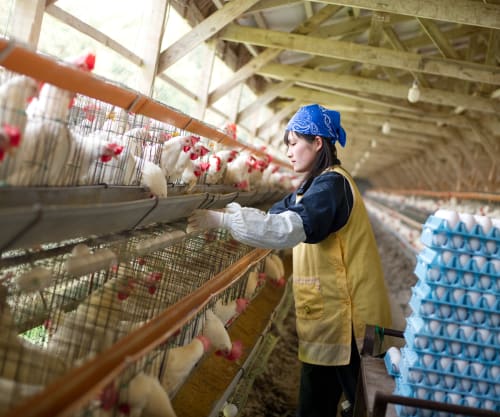
Unfortunately, this means not borrowing much of anything—at least, not without cleaning it first! Shared supplies, such as tools and equipment, can carry all sorts of germs. To prevent exposing your birds to disease through contaminated equipment, thoroughly clean anything you borrow.
Items made of wood or cardboard should not be shared due to the materials' porous nature, which makes it very difficult and almost impossible to clean adequately.
3. Make sure that your personnel are up-to-date and educated on all biosecurity measures.
For a biosecurity plan to work, it must be implemented correctly. Be sure that farm workers and everyone entering the farm—especially those entering the poultry houses—are aware of the importance of biosecurity and proper use of available PPE and disinfectants.
4. Spend time with your birds daily.
Although life on a poultry farm can be hectic and tiresome, spending time in your commercial poultry production environment to be familiar with your flock's behavior can make it much easier for you to know the signs of illness when they appear.
A grower once told me that the best thing you can put on your farm is your shadow! Increased mortality, gasping for air, watery or green diarrhea, lack of energy and poor appetite are some of the earlier clinical signs of catastrophic poultry illnesses.
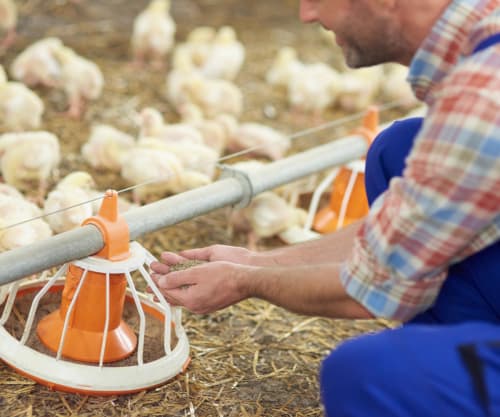
Let's Review
A biosecurity program has three main components: conceptual, structural and procedural. On your farm, it's important to implement strategies to keep pathogens and pests away to prevent sick birds. Keep your distance from other birds—commercial or otherwise. Don’t borrow disease! Educate your personnel, and always, always spend time with your birds.
Biosecurity may be your key to preventing an avian influenza outbreak and limiting additional flock infections from other poultry diseases.
Contact Us
For more information on biosecurity and other poultry farming topics, be sure to like and subscribe to our YouTube channel. If you have questions about our videos or products, reach out to our Poultry Sales Rep, Allen Reynolds, at allen@southlandorganics.com, or give us a call at 800-608-3755.

